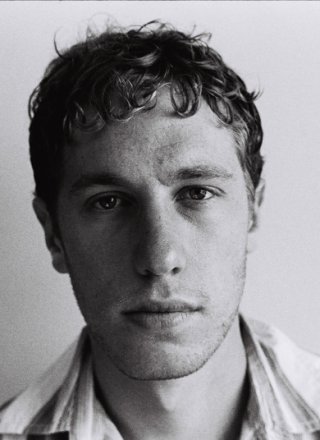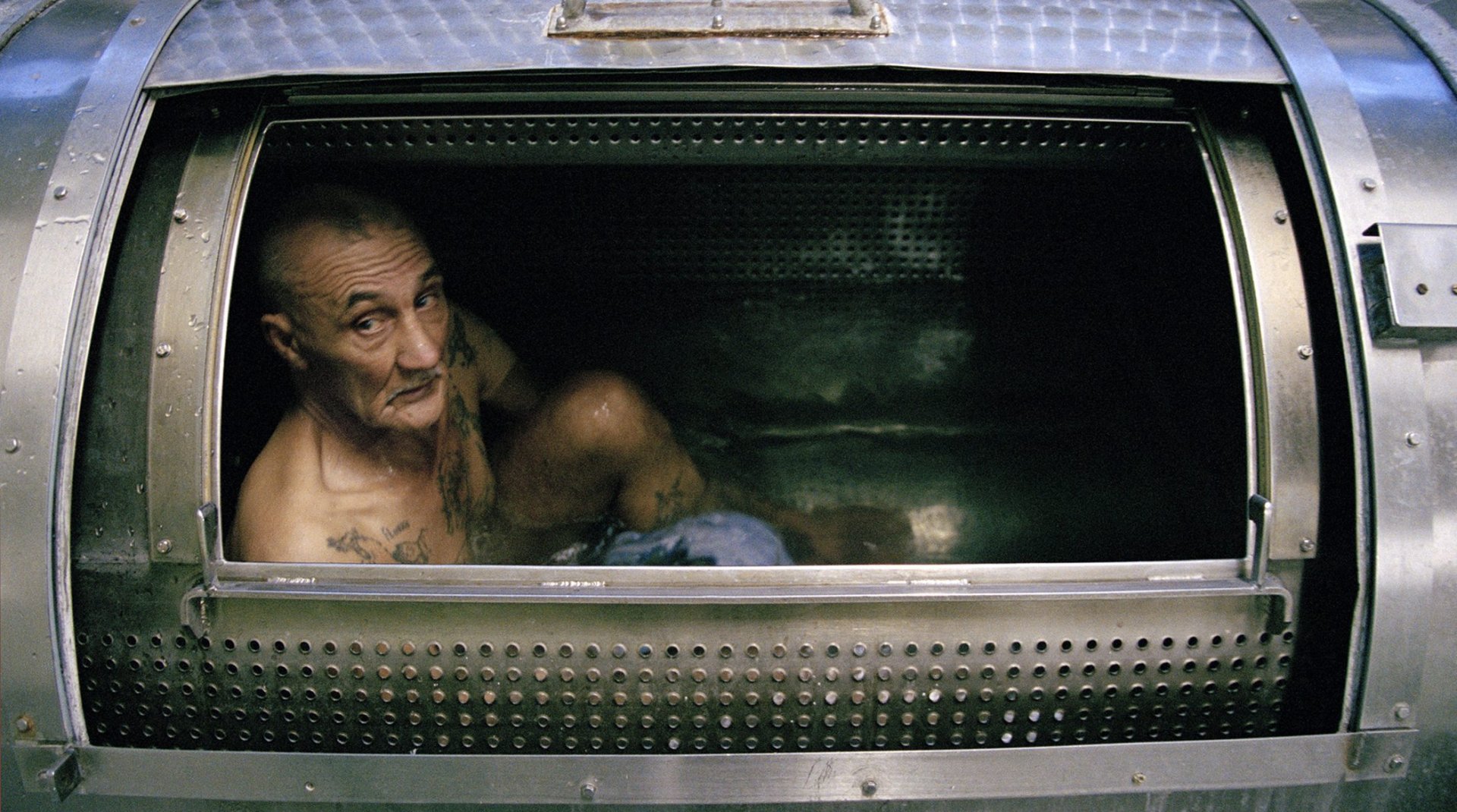
Die Vier Hoeke and Umjiegwana
Mikhael Subotzky
Magnum Photos
Winner of the 2007 Ville de Perpignan Rémi Ochlik Visa d'or Award
According to their myth of origin, South Africa’s prison gangs were founded by two nineteenth century bandits, Nongoloza and Kilikijan. They were young and black and proud, and they become bandits because stealing the white man’s gold was better than going underground to dig it up. Eventually, the myth continues, both were hunted down and captured. Together, they invented a language fit for a life of captivity. Being men of the caves and the hills, their prison language bore their fantasies of the outdoors. Everything expanded. A day was called a year. An overcrowded cell became a vast highveld plain. But to prevent themselves from being carried away into madness, they reminded themselves every day that they were in fact binne Die Vier Hoeke, and not Umjiegwana – outside. These two concepts became the touchstones of their language. Today, in 2006, the relationship between language and place has been folded inside out. On the streets of the Cape Flats, the words of Die Vier Hoeke are used to talk of Umjiegwana. Young men describe the politics and spaces of their ghettos in prison language; neighborhoods thus become jails, each piece of drug turf a massive prison cell of the initiated.
Preview
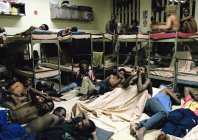
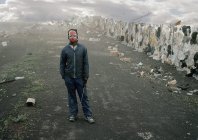
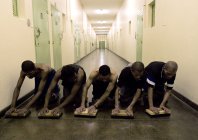

The reason for this inversion is simple. South Africa has become a society of mass incarceration, which means that many young men are bound to spend the first two decades of their adult lives in and out of prison by virtue of where they grew up. In their neighborhoods, Die Vier Hoeke and Umjiegwana have been mixed up, for they have come to form equal parts of lived experience.
On the day the apartheid government ceded power in April 1994, South Africa’s prisons housed 116 000 people. A decade later to the day, 184 000 people were behind bars in a system designed to hold 114 000. About four out of five of these people will spend the first half their adult lives in and out of prison, taking Umjiegwana to Die Vier Hoeke, and Die Vier Hoeke to Umjeigwana.
Jonny Steinberg
Beaufort West
Beaufort West is a transit town. Situated at the intersection of two of the busiest national roadways, it serves as a food and overnight stop for travelers of all kinds. Every day, the town’s population doubles with those who pass through it. At night, while the sleepy town is silent, the BP petrol station and the truck-stop come alive - winking across the highway at the townships which are also buzzing and awake. And so, those in transit interact with those at the margins in a nocturnal economy where food, drink, petrol and bodies are all sold.




